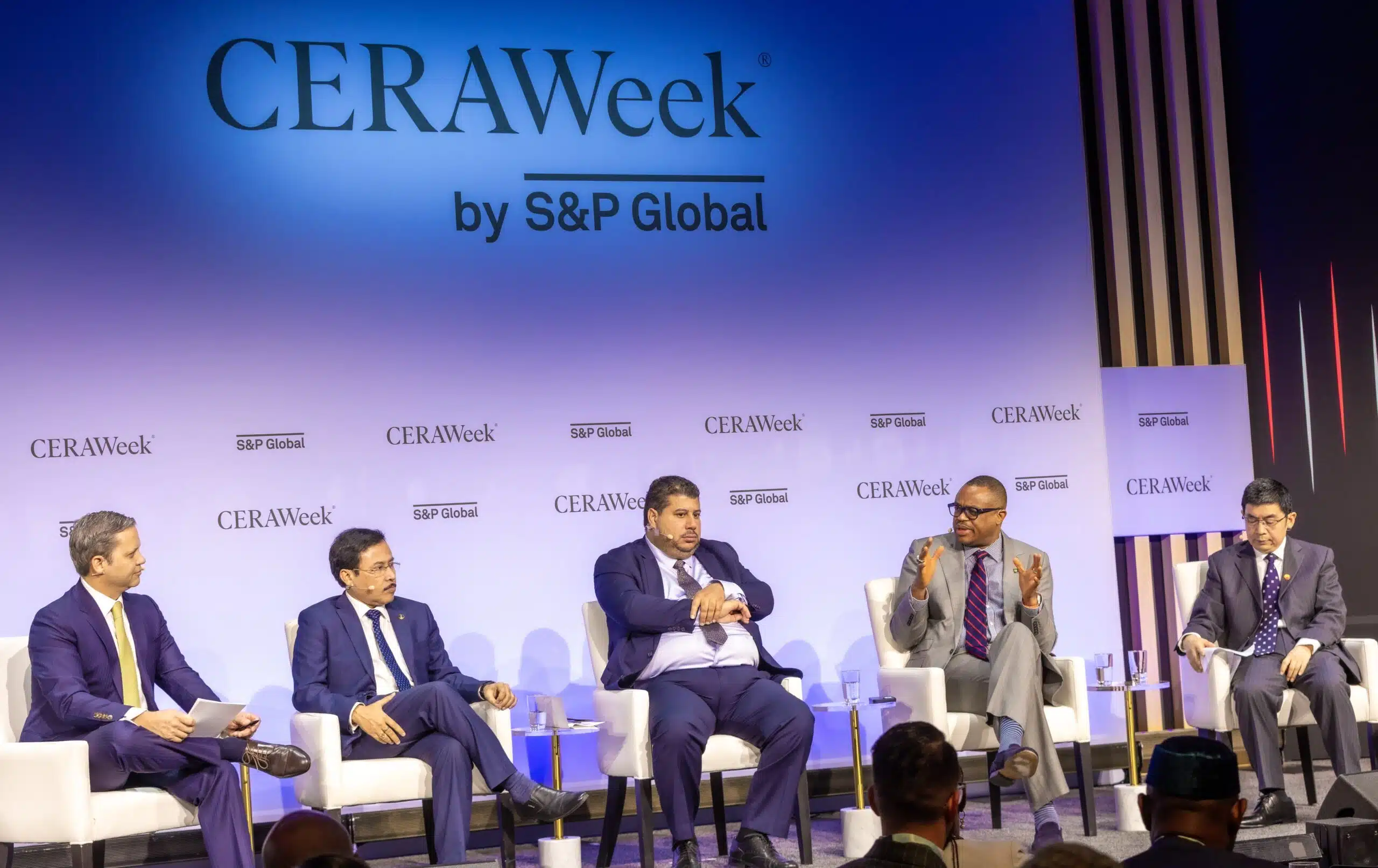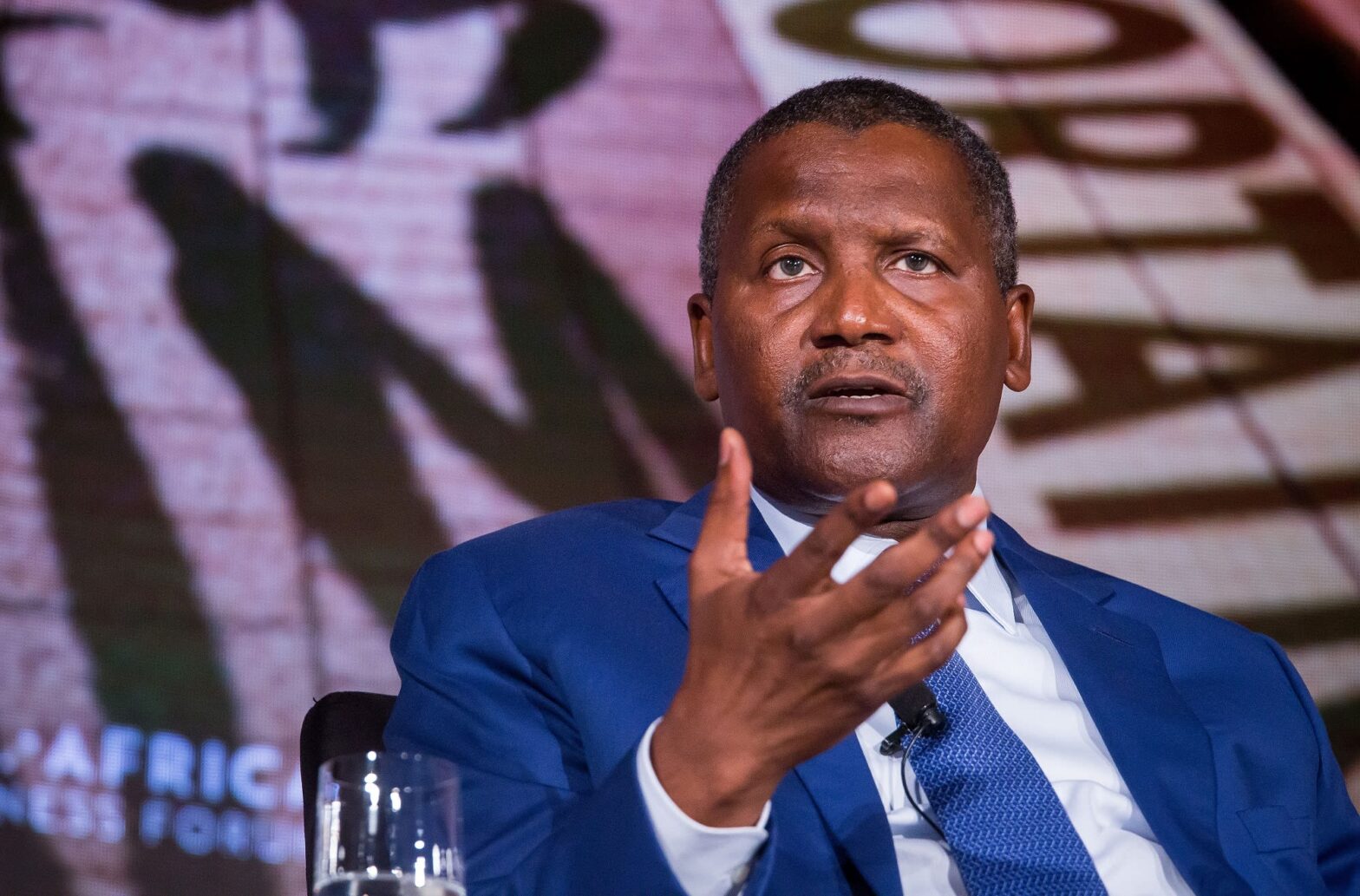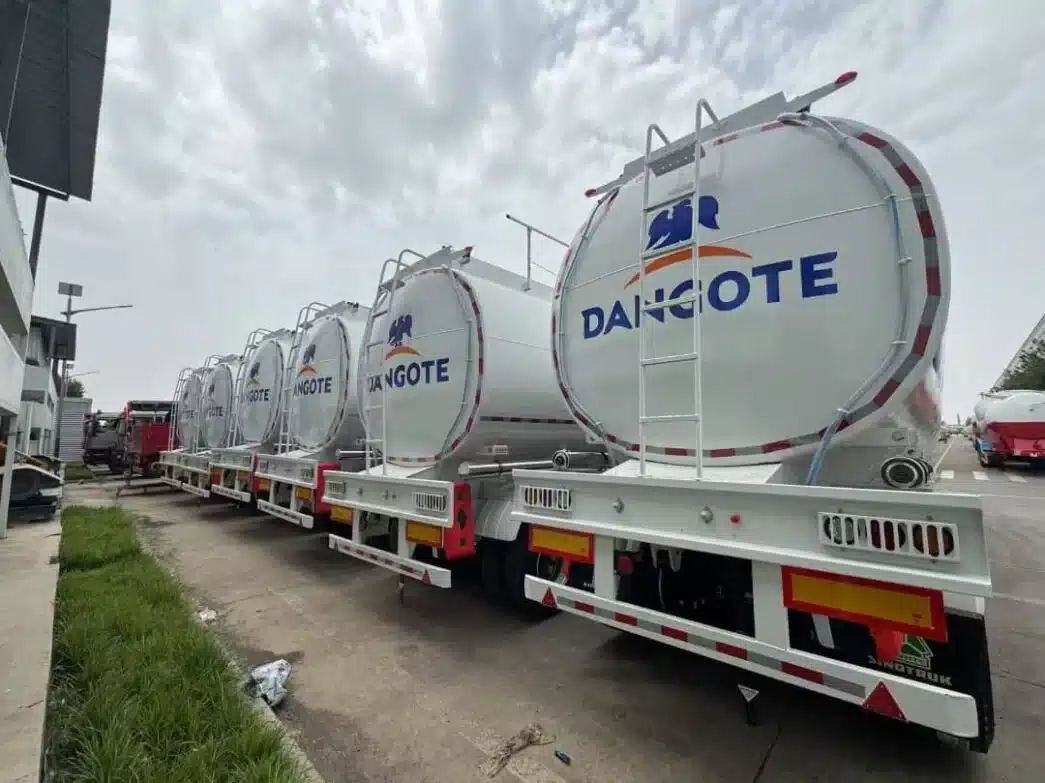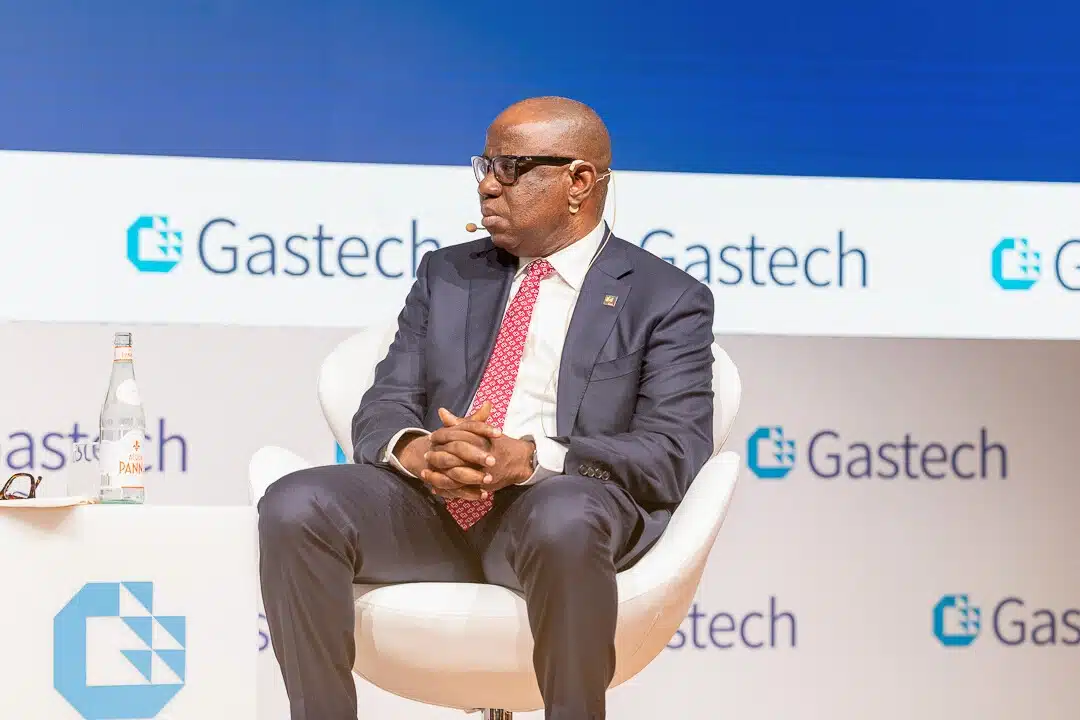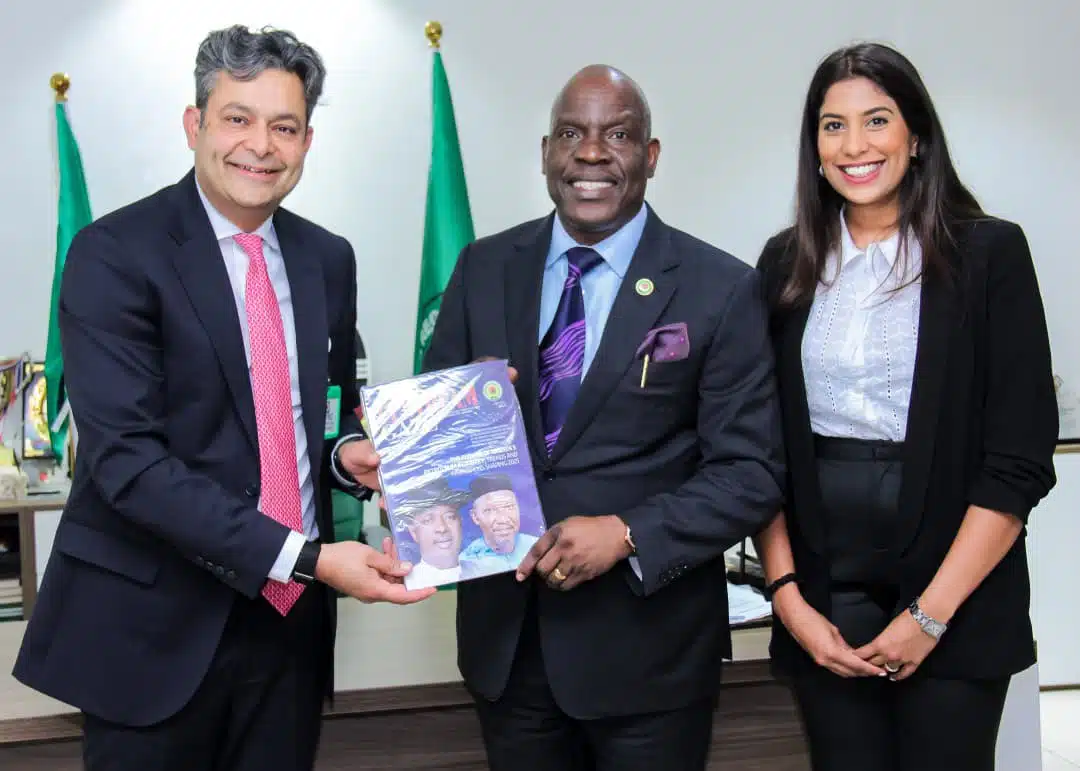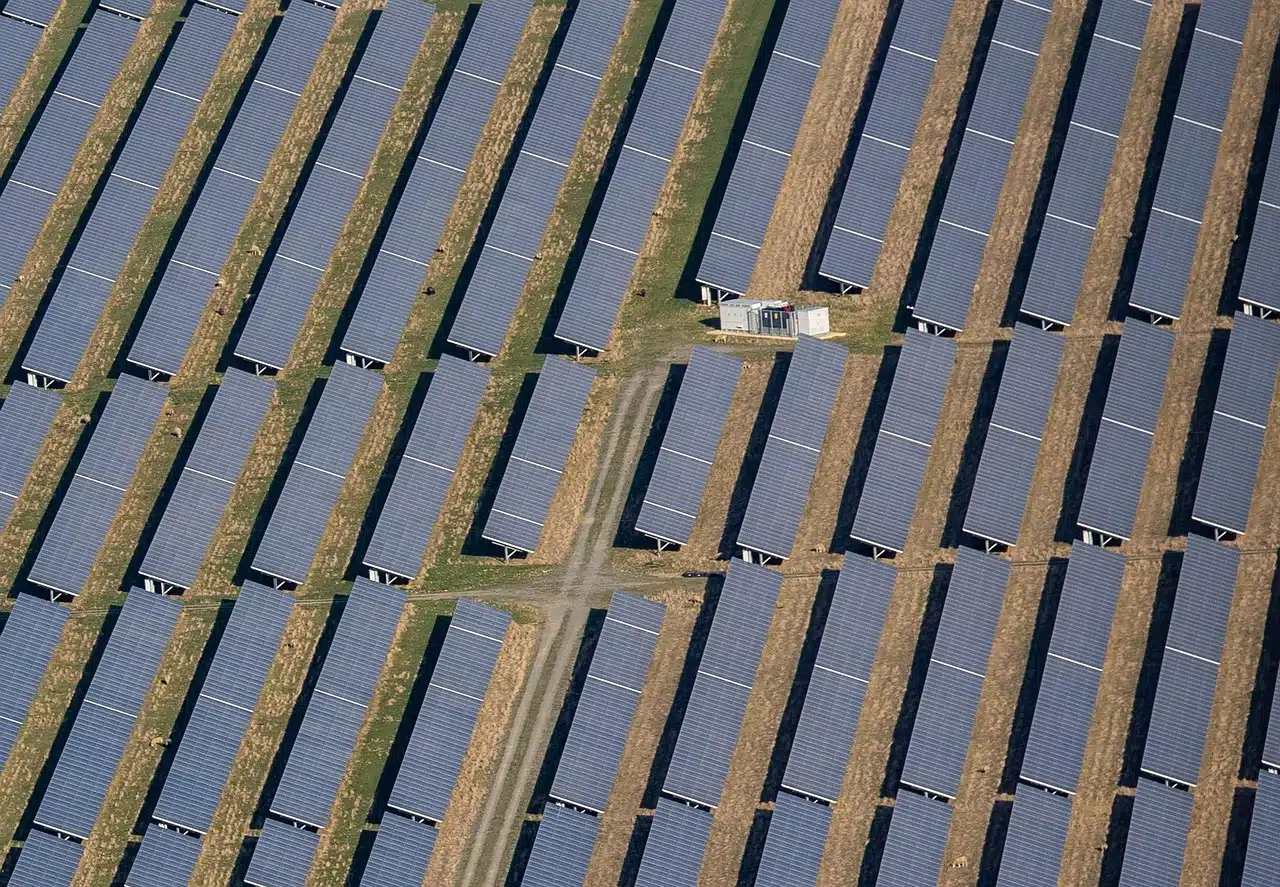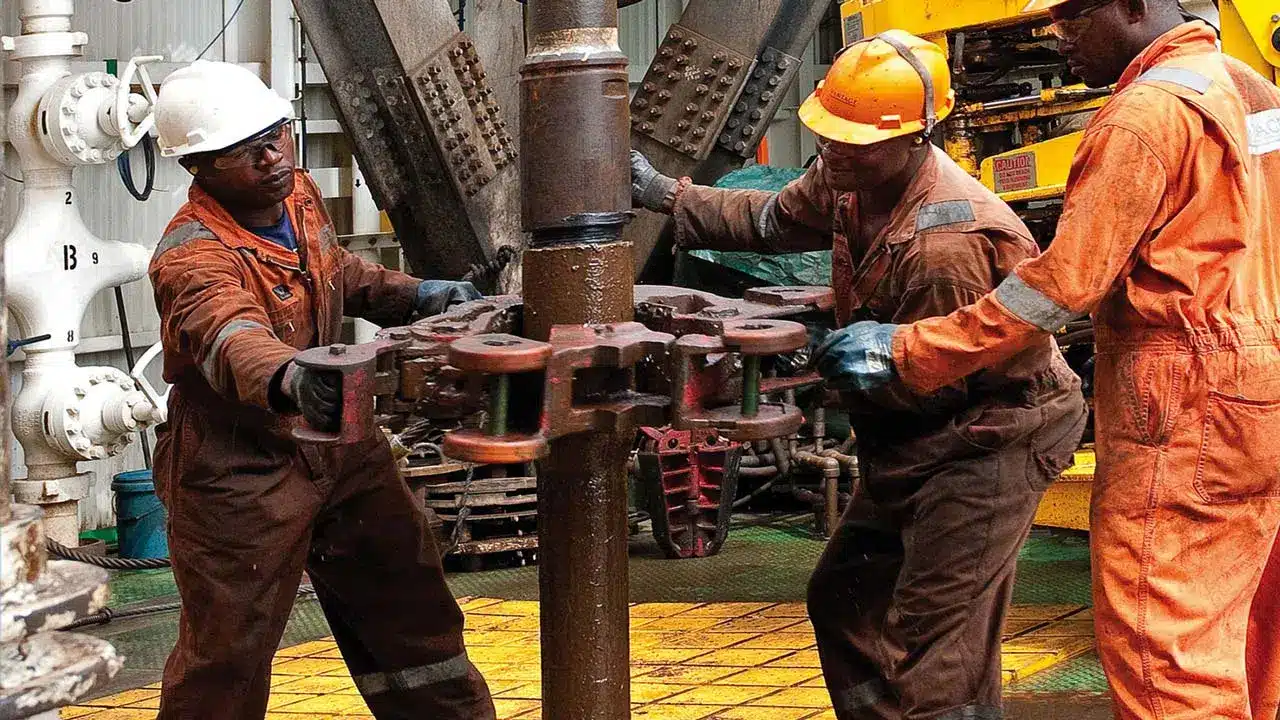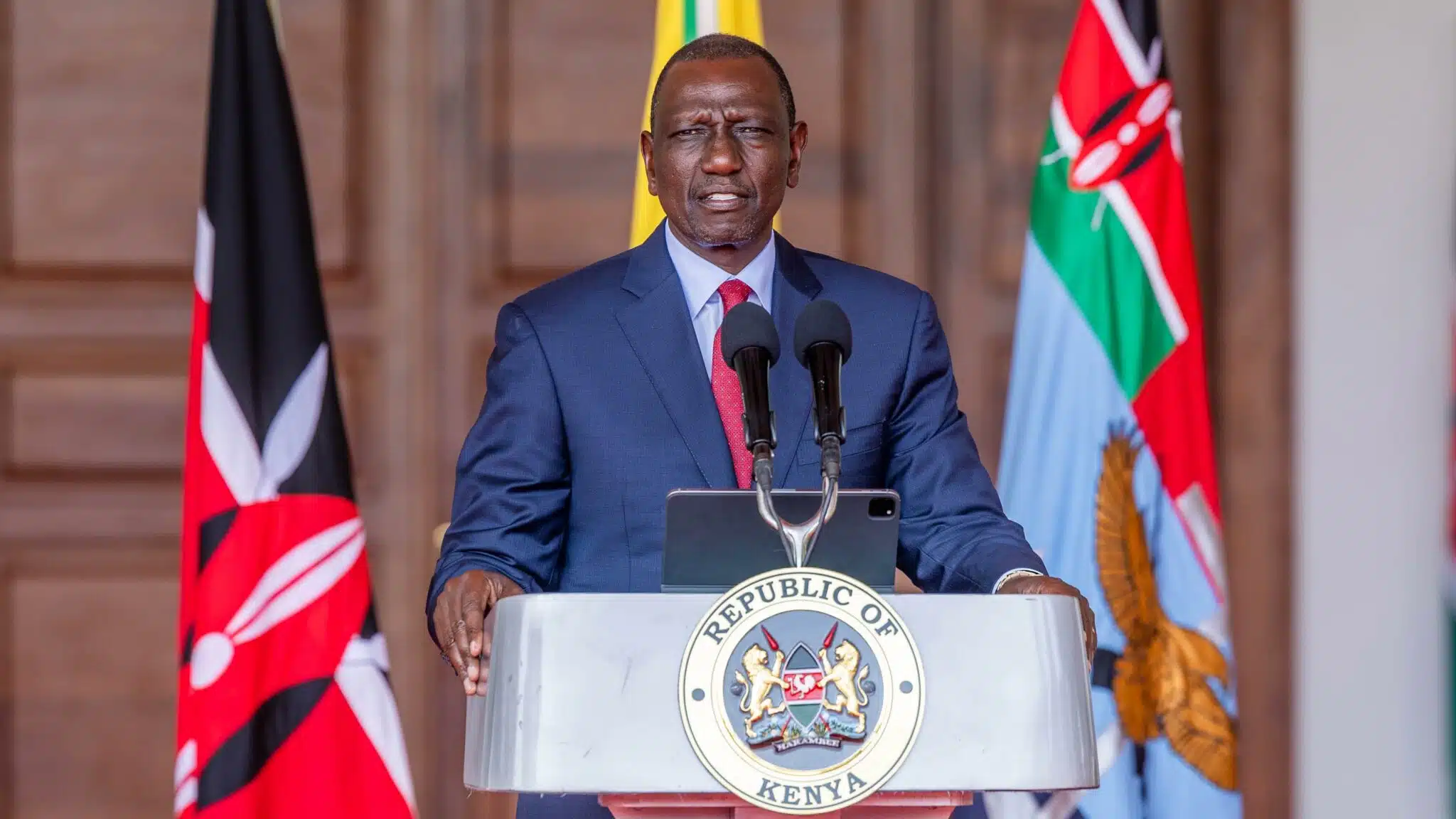Nigeria, like other oil and gas-producing nations, is in Houston, Texas, in the US for the 2050th CERAWeek hosted by S&P Global.
The event, one of the biggest gathering of oil and gas stakeholders, industry leaders, and policymakers, is the first of its kind since U.S. President Donald Trump resumed office.
Although the President himself was not in attendance, the climate was charged with the new and positive sentiment and direction of the White House towards oil and gas.
The “drill, baby, drill” message echoed through the magnificent and opulent conference halls as stakeholders and CEOs from some of the biggest oil giants in the world gathered to forge a new direction for the global oil outlook.
Prior to the august conference, the energy around the oil and gas sector had been palpably charged toward a renewed effort for oil exploration, drilling campaigns, and a need for an increase in oil supply.
For instance, British Petroleum (BP) announced that it is rolling back its $10 billion commitment to climate and renewable energy projects to focus more on oil exploration and other fossil fuel investments.
BP’s position is not isolated.
Other oil giants such as TotalEnergies, Chevron, and Eni are also jumping on the new wave of what some might describe as Trump’s quest for “cheap energy.”
In another surprising move to sync with the current sentiment, the oil cartel OPEC announced that it would consider an increase in oil output when it meets with its members in April.
Some have attributed this dramatic turnaround from the Saudi-led organization to pressure from Donald Trump for it to bring down oil prices.
Apart from countries like Nigeria, Gabon, and Libya, whose crude production still falls below the estimated quota given to them by the oil cartel, most OPEC members—including Iran and the UAE—have consistently and deliberately cut their output to help stabilize the oil market and mitigate against supply gluts.
But all that changed when Trump announced in Davos, Switzerland, during the World Economic Forum, that he would demand that Saudi Arabia, and by extension, OPEC, bring down “oil prices”—a shorthand for increasing production.
Interestingly, OPEC got the message loud and clear.
According to Oil Price, Saudi Aramco Chief Amin Nasser further made the case for an increase in oil output at CERAWeek 2025—echoing Trump’s talking point.
“I pay little attention to forecasts claiming that next year will be peak this or peak that,” Nasser was quoted as saying, allaying fears that an increase in supply would in any way affect demand.
In short, it seems the collective objective of the gathering is to resuscitate the dying drive for oil and gas investment and production across the world.
Nigeria woos the world
At home, the national oil company, the Nigerian National Petroleum Corporation (NNPC) Limited, led a team of able energy stakeholders to woo investors whose desire for oil and gas investment appears to be at its peak.
On day one, NNPC’s Executive Vice President, Upstream, Mr. Udy Ntia, who spoke during a panel session, advocated for renewed energy in Africa’s oil and gas sector.
Particularly, Ntia called for more investment in Nigeria’s oil and gas sector.
“For us in Nigeria, despite global energy security concerns, including those in Europe, we see significant opportunities.
“We have strategically positioned our assets to leverage the current strong price environment, which has remained favorable over the past two to three years. As a result, we anticipate substantial investment inflows into the sector,” Ntia said.
His message couldn’t have been more timely.
Nigeria has struggled heavily with underinvestment in its oil and gas sector over the years.
The country, though Africa’s leading oil producer, is yet to see significant investment or drilling activities in over twelve years.
Added to that, international oil companies appear to be exiting the nation’s troubled onshore sector due to insecurity, pipeline vandalism, and a long streak of embattled lawsuits running into billions of dollars.
The latest company to exit the country’s onshore space is Shell Plc, selling its seven-decade-old assets for $2.4 billion to a consortium of indigenous oil firms.
Ntia was not the only voice that was spotlighted at the event in Texas.
Basking in the same climate of renewed interest in oil and gas investment, other representatives from the Nigerian oil and gas sector lent their voices.
Speakers included Nigeria’s gas minister, Ekperikpe Ekpo, alongside NNPC Limited’s Executive Vice President (EVP) Gas, Olalekan Ogunleye, to name but a few.
In a statement put out by the oil company, NNPC said:
“The U.S. Secretary of Energy reaffirmed a commitment to ongoing collaboration with Nigeria and NNPC Ltd., underscoring the importance of strategic partnerships in ensuring energy security and sustainable development.”
The unnamed U.S. Secretary here is Mr. Chris Wright, the man who has challenged the conventional view that Africa, and indeed Nigeria, needs to cut its fossil fuel consumption and adhere to greenhouse emissions standards for its energy sustainability.

Wright insisted that Africa must use all its resources—including crude oil, gas, coal, and other energy sources—to help drive industrialization and energy prosperity.
Needless to say, Wright is a “drill, baby, drill” guy!
So it’s interesting to see his commitment—and, by extension, the United States’ commitment—to Nigeria’s oil and gas investment.
Ready for investors
Nigeria’s message is both simple and unified: there’s room for investment in the oil and gas sector.
The country, which is about to issue another round of oil block licenses, told investors in Houston that it is ready for business.
Olu Verheijen, the presidential aide on Energy, told investors that the country has created a friendly environment for those who want to bring in their money into the oil and gas space.
Verheijen also reminded the panelists that Africa as a whole contributes only 3 to 4% of total global greenhouse gas emissions, further echoing the need to not scale back on fossil fuel investment.
“We must reshape the global conversation to prioritize energy access for all.
“As a continent, we must have the right to utilize all available energy resources to reduce energy poverty and drive economic growth,” Verheijen boldly stated.
In other words: “We are here to do business. We are here to utilize our natural resources—including our 37 billion crude oil reserves and 2.7 trillion cubic feet of gas reserves—for our energy growth and prosperity.”
Investors, are you ready for Nigeria? Because we’re ready for you—they all seem to be saying.
CERAWeek 2025 just a start
The oil and gas sector has never been more exciting for investment and deal-making.
Nigeria, for one, has the potential to tap into the extremely liquid oil and gas investment pool with the right positioning and policies.
CERAWeek 2025 showed that the country is ready for business.
Following the signing of three historic executive orders by President Bola Tinubu on oil and gas, the country is determined to regain its status as the most favourable African destination for oil and gas investment.
“Since Nigeria’s last deepwater project – the Egina project – was approved in 2013, International Oil Companies operating in Nigeria have committed more than $82 billion in deepwater investments to other countries that they deem more competitive,” Verheijen said in a statement, adding that the executive orders will help revive the sector.
Oil and gas companies are set to spend nothing less than $90 billion in drilling activities in the coming years, with new discoveries in places such as Namibia, Côte d’Ivoire, and Ghana.
Nigeria’s positioning will determine how much of this greenback will be directed to Africa’s largest oil-producing nation.
CERAWeek’s advocacy is a start, but there’s still a long way to go for the country.

